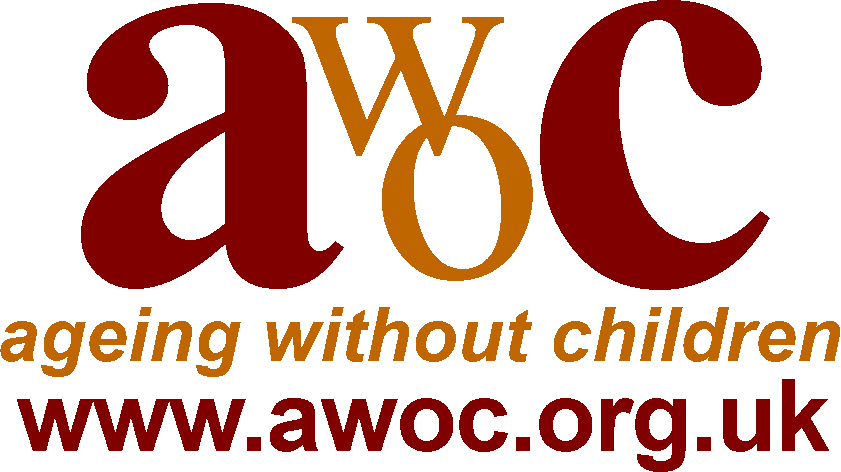I have worked with & for older people for almost my entire working life (24 years & counting!). For the majority of those years, the impact of being without children in old age never occurred to me. Throughout my 20s as I worked as an advocate & advice worker at what was then Age Concern, it frankly never even occurred to me to have children. Right at the tail end of my 20s, I met the man who is now my husband but still didn’t see having children as a priority.
In my 30s I continued to work with older people, this time running a healthy living centre without walls for older people in Camden before going onto work at a national level at what was then Age Concern England. By that time I felt that I really wanted children but reproductive health problems meant it wouldn’t be easy.
In my mid 40s and still working on the age sector, I realised two things. The first was that I was never going to have children. Facing up to the fact that my husband & I would never have a child that symbolised our love for each other was & still is a very difficult experience.
The second was that not having children around in later life was a serious problem.
Despite an almost guaranteed response whenever I say this along the lines of “well mrs x has children & they never lift a finger to help”, the reality is the vast majority of people who have children do get help & support from them in later life. It is true that some do not which is why AWOCs definition of ageing without children is people over 50
those who have never been parents either though choice or through circumstance
those whose children predeceased them
those estranged from their children
those whose children live far away
those whose children are unable to support them for another reason e.g. they have a long term disability or they are in prison
I thought however that it didn’t affect that many people. Although I was childless & knew a number of people who didn’t have children, & even had a figure of 1 in 4 women my age didn’t have children floating around my head, I didn’t really think it was that many people. As I had spent so many years in the ageing sector, I thought that if there were lots of people entering old age without children, it would have been picked up by one of the big organisations or highlighted in policy & planning.
One look at the figures however showed me that it wasn’t in fact a small number of people, it was already 1 million people over 65 and that figure was set to double to 2 million by 2030. That figure is in fact an under estimate as it is based on women who haven’t become mothers, and doesn’t include men who are not fathers (estimated to be between 21-23% & therefore higher than women) and all the people listed above who may have or have had children who cannot or will not support them.
I do not know why such a vast number of people remained hidden in thinking, policy & planning on ageing for so long but I suspect it is for two reasons. The first is that for many years, childless/childfree people have had no voice & no way to come together. That is no longer true thanks to the pioneering work of Jody Day of Gateway Women who has inspired a generation of women to come together, speak out & be visible around being childless. The second is the profound ageism in our society which makes thinking about being old so difficult for all of us. The default response to AWOC is “oh I don’t want my children to look after me” and yet 92% of all unpaid care is provided by family. If none of us want our children to look after us, why is it so many of them end up doing so? I would argue that it’s because we just do not want to think about it or make plans for old age. Collectively we struggle to acknowledge how much adult children do to help their parents in old age and because it’s not acknowledged, it’s easy to say “oh it’s no different if you don’t have children to help”
At AWOC we know that it IS different and we want that difference to be recognised, understood (not dismissed out of hand) and most importantly changes made so that decent care & support isn’t only available to those with children to help but to everyone

コメント